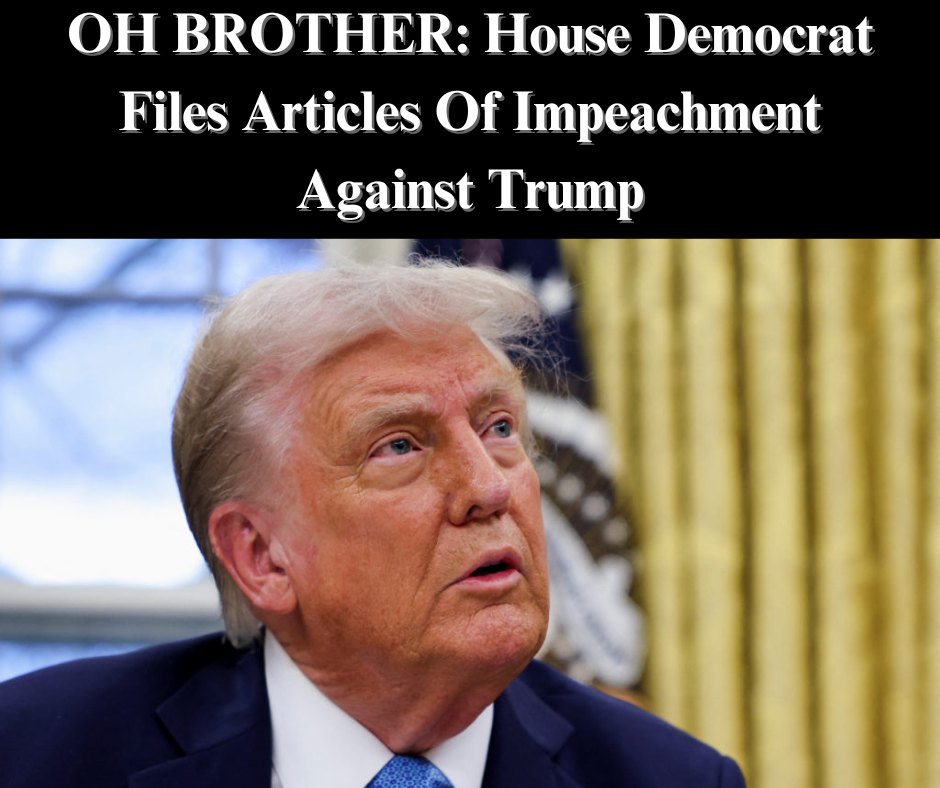His second impeachment came after the events of January 6, 2021, at the U.S. Capitol. The House swiftly charged him with “incitement of insurrection” in response to the incident. While some lawmakers across party lines criticized the events, the Senate did not reach the two-thirds majority required for conviction, allowing Trump to complete his term.
Now, with Trump back in office, Green is once again leading an impeachment effort, making it one of the earliest such initiatives in a presidential term. The move has sparked significant debate in Washington, with Democrats emphasizing accountability while Republicans view the effort as politically motivated.
Beyond impeachment discussions, Trump’s latest policies have drawn attention both domestically and internationally. Opponents argue that certain policy decisions could have widespread implications, while supporters maintain that the administration is prioritizing national interests. The global community continues to monitor developments closely, as leaders weigh the potential effects on international relations.
Despite Green’s efforts, the impeachment process faces significant hurdles. The Republican-led House is unlikely to advance the proceedings, and within the Democratic caucus, opinions remain divided on whether to pursue impeachment at this stage. Some lawmakers caution that such efforts could energize Trump’s base ahead of upcoming elections, while others insist that holding leadership accountable is paramount.
Political analysts suggest that while Green’s push may not lead to immediate impeachment, it could prompt further investigations into Trump’s policies and executive decisions. Lawmakers are expected to scrutinize various areas, including foreign policy, immigration, and other executive actions with long-term implications.
The impeachment process itself is complex, requiring an investigation, formal articles of impeachment, and majority approval in the House before advancing to a Senate trial. A conviction would require a two-thirds Senate majority, making removal from office an uphill challenge, especially in today’s polarized political climate.
At this stage, Democratic leaders have not publicly indicated whether they will support Green’s efforts. House Minority Leader Hakeem Jeffries and other party members have yet to issue statements on the matter. Meanwhile, advocacy groups and progressive lawmakers continue to call for thorough examinations of key policy decisions.
For Trump and his supporters, this impeachment effort is viewed as part of ongoing political opposition. The former president has consistently argued that impeachment attempts are aimed at obstructing his administration’s ability to govern effectively.
As discussions over impeachment unfold, Washington remains deeply divided. While Green’s initiative may not immediately lead to Trump’s removal, it underscores the continuing political debates surrounding his presidency. Whether this latest effort gains momentum or not, it is clear that conversations about executive accountability and policy decisions will remain central to the national discourse in the months ahead.

